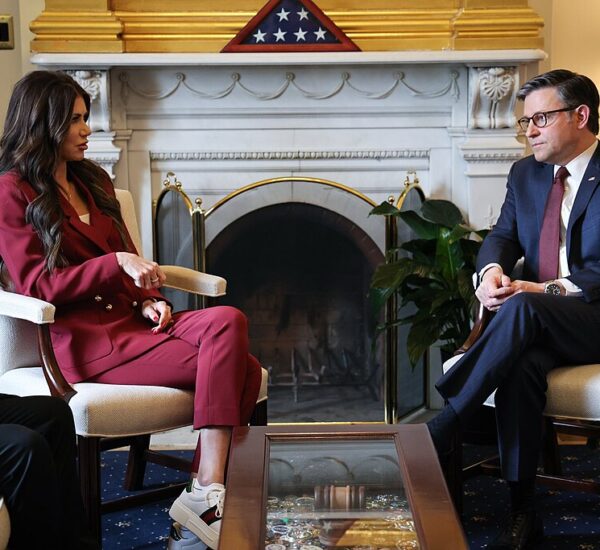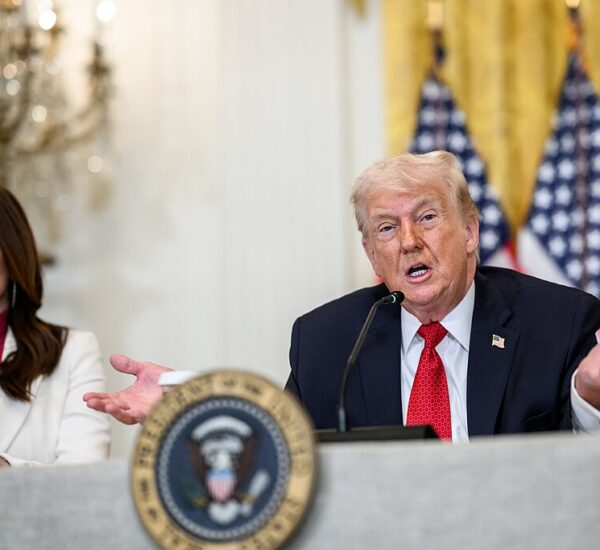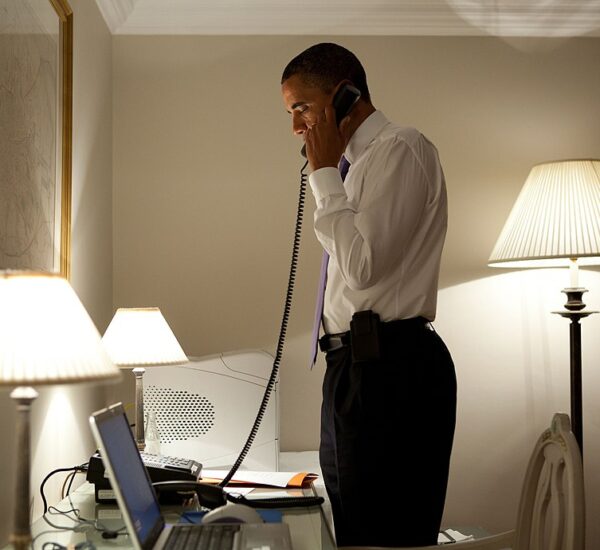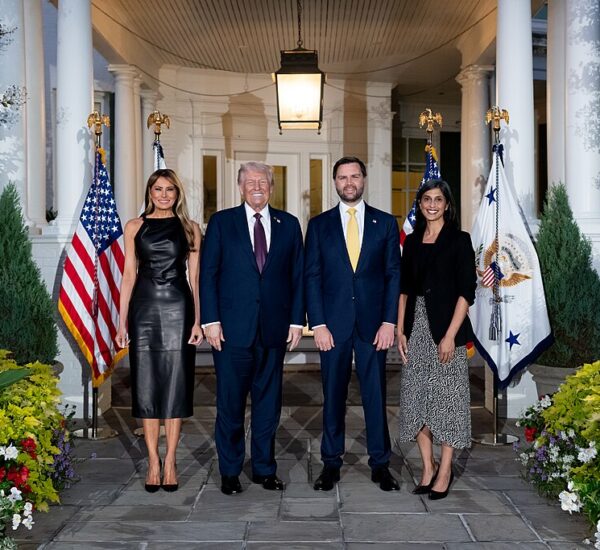USAID Leaders Call Out Trump
A group of former administrators from the U.S. Agency for International Development (USAID) has come together to express strong opposition to the Trump administration’s recent efforts to weaken and potentially dismantle the agency. In a joint statement, five former leaders of the agency—who served under different presidents and represented different political parties—emphasized the essential role that USAID plays in promoting American interests and maintaining global influence.
These former administrators, including J. Brian Atwood, Peter McPherson, Andrew Natsios, Gayle Smith, and Samantha Power, acknowledged their differences on various issues but united in their belief that foreign assistance programs are critical to U.S. security, economic interests, and global standing. They underscored that USAID’s work, carried out by dedicated civil servants, serves the interests of the American people by fostering stability and goodwill around the world.
The statement points out that dismantling the agency would be a significant mistake for both major political parties, as well as for the nation as a whole. The former leaders warned that undermining the agency’s global engagement would not only harm the countries receiving assistance but would also make Americans less safe. “USAID’s mission is vital,” they stated, “and its personnel deserve the same respect as those in the military who defend our country.”
The timing of the statement comes after troubling signs that the Trump administration is actively attempting to undermine USAID’s effectiveness. This week, USAID employees were told they would be placed on administrative leave with pay until further notice. Additionally, most staff lost access to internal systems, and the agency’s Washington headquarters were closed to employees, signaling a growing uncertainty about the agency’s future.
Elon Musk, a prominent ally of President Trump, even suggested that the president had agreed to shut down USAID altogether. If true, this would be a concerning step toward disengaging from global development efforts that have historically benefited the United States. As the debate continues, it is clear that the future of USAID—and by extension, America’s ability to project influence worldwide—is at a crucial crossroads.






